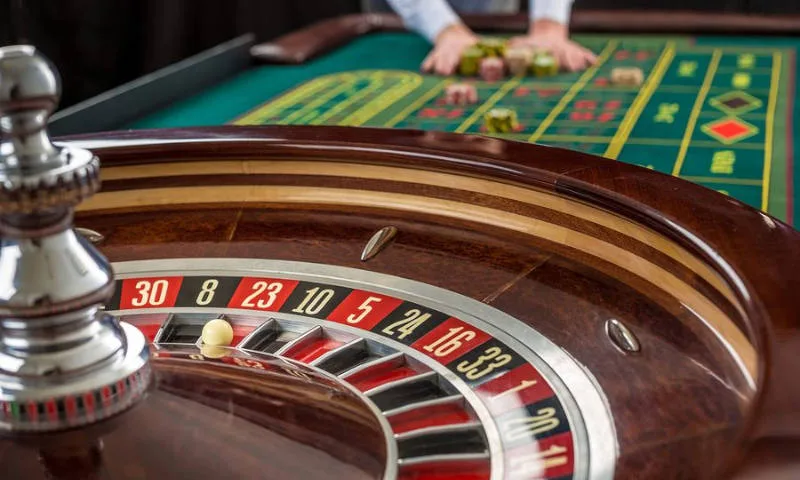
Tilt in Poker – What It Is and How to Deal With It
In the intricate world of poker, where both luck and skill dance a delicate ballet, one factor often overshadows strategy: emotion. Among all emotional responses, one stands out as the notorious game destroyer – tilt.
Tilt is an emotional state where a player adopts a less-than-optimal strategy, often due to anger or frustration. It can stem from a series of bad hands, a single devastating loss, or even personal issues outside of the game. When on tilt, a player’s emotions cloud judgment, leading to rash decisions that stray from their typical strategy.
Degrees of Tilt in Poker
- Mild Tilt: A fleeting frustration that might cause a minor slip but doesn’t significantly impact overall play.
- Moderate Tilt: A heightened emotional state where a player might start to chase losses or make uncharacteristically bold moves.
- Severe Tilt: A state where rational strategy is abandoned, often resulting in dramatic losses. This can also manifest as a desire to recklessly increase stakes to ‘win it all back.’
A Common Mistake Related to Tilt
One of the biggest mistakes players make is failing to recognize they’re on tilt. It’s crucial to understand the signs. Very often Joo casino players told that he supposedly makes strategic moves, but in fact he acts under the influence of emotions. The key is self-awareness. Regular self-checking and analysis of decisions can help you catch tilt early.

Where is More Tilt: In the Poker Room or Poker Casino?
While tilt can occur in any setting, it’s commonly believed that poker casinos see more tilt than online poker rooms. In a casino, there are additional factors like the presence of an audience, direct interactions with opponents, and the tangible feeling of chips and cards. These sensory experiences, combined with the immediate emotional reactions of other players, can amplify feelings of frustration or anger.
However, online rooms aren’t immune. The rapid pace of online games and the ability to multi-table can result in compounded losses, pushing a player into tilt quicker than they realize.
Playing at Higher Stakes Due to Tilt
One of the most dangerous manifestations of tilt is the impulse to play at higher stakes to recoup losses quickly. This is a treacherous path. When a player is already emotionally compromised, higher stakes only increase the risk of significant financial damage. Furthermore, the higher the stakes, the more skilled the opponents typically are, so an emotional player is at an even greater disadvantage.
Conclusion
Tilt is the silent strategist working against every poker player. It creeps in unnoticed and can decimate not just the current game, but also a player’s entire bankroll. Recognizing and managing tilt isn’t just a skill; it’s a necessity. Every player will face tilt at some point, but champions are those who learn to play their emotions as deftly as they play their cards.



